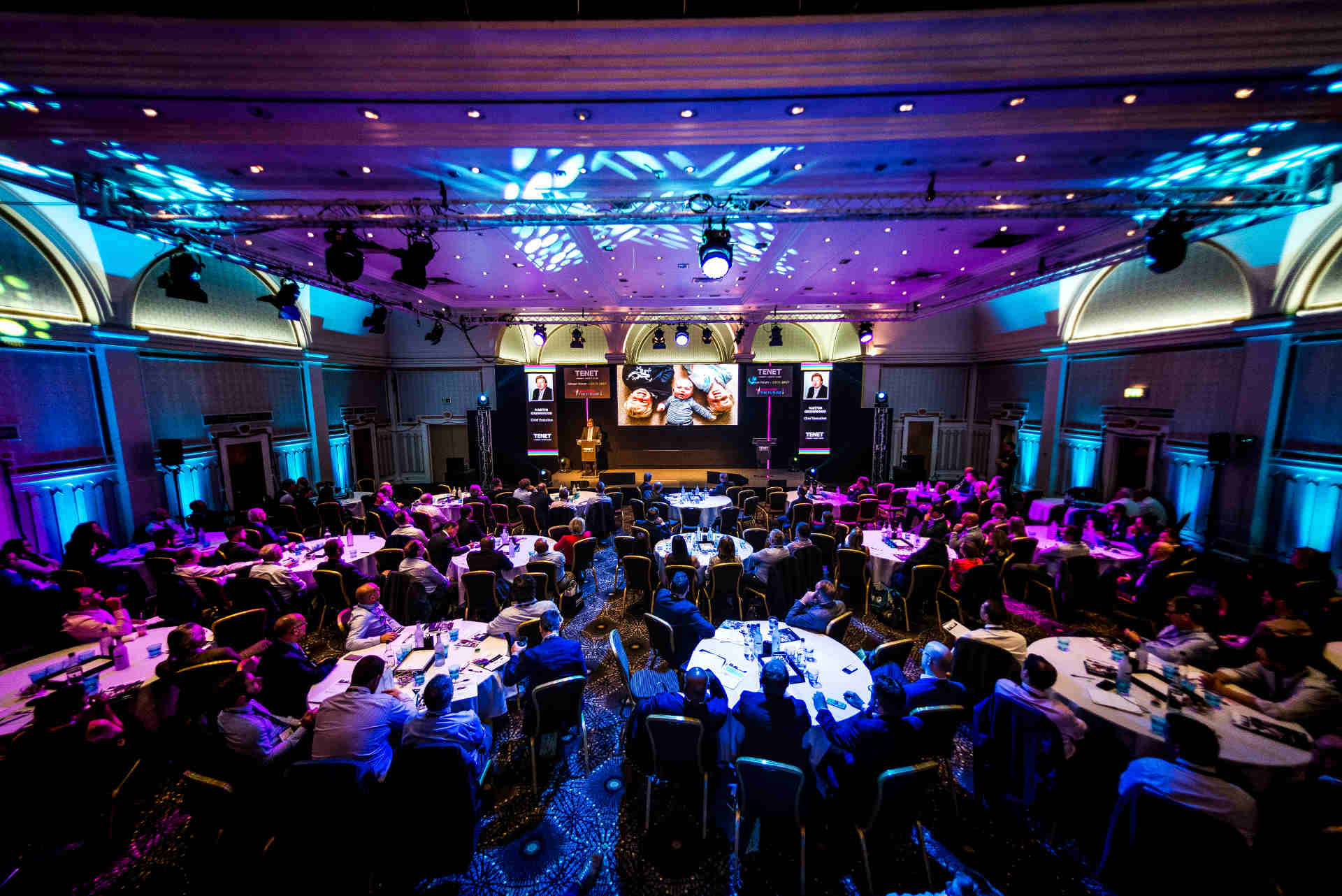Events and Conferences
Essential Steps for Organizing Successful Corporate Events and Conferences
Planning a business event or conference calls for meticulous attention to detail, rigorous preparation, and an emphasis on furnishing an experience fit for the objectives of the event. The success of the event relies on how successfully the organizer handles important components such as logistics, content, and participation—regardless of the size of the team or […]
2 mins read

